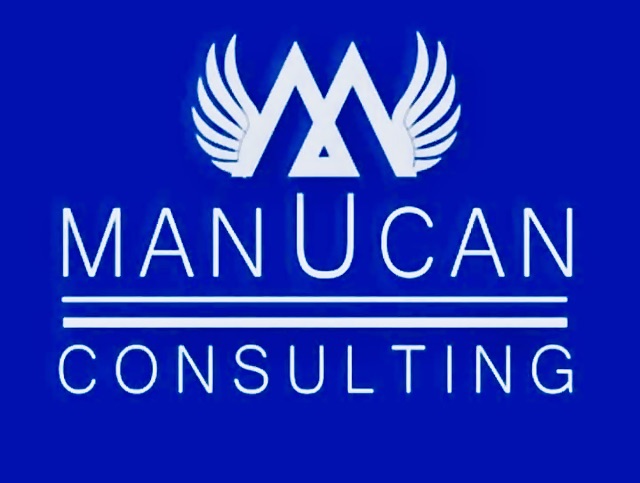An Online Training for Justice-Impacted Individuals
Welcome! This comprehensive online training program empowers individuals with lived experience in the justice system to become skilled and impactful restorative practitioners. Your unique insights and resilience are invaluable assets in fostering community healing and justice.
Target Audience: Justice-impacted individuals interested in learning and applying restorative practices in their personal lives, communities, and potentially, professionally.
Overall Goal: To equip participants with the knowledge, skills, and ethical framework necessary to facilitate restorative processes effectively and contribute to a more just and healing society.
Program Structure: This training will be delivered over multiple modules, building progressively upon foundational concepts and practical skills. Each module will incorporate interactive elements, self-reflection, and practice opportunities.
This training program is rooted in the understanding that those with lived experience of the justice system possess unique strengths and perspectives invaluable to restorative practices.
Here’s why:
- Credibility and Authenticity: Formerly incarcerated individuals often have a level of credibility and authenticity that others may lack when working with those who have been harmed or have caused harm. Their lived experience can foster trust and facilitate more open communication.
- Deeper Understanding: They understand the systemic issues and root causes that contribute to crime and harm. This enables them to address these issues more effectively in restorative processes.
- Cultural Competence: They often have a greater understanding of the cultural nuances and sensitivities crucial in working with diverse populations affected by harm.
- Empowerment and Healing: Becoming a restorative practitioner can be a powerful pathway for personal healing and empowerment, allowing individuals to transform their experiences into a positive force for change.
- Community Transformation: By equipping formerly incarcerated individuals with restorative skills, this program builds stronger, more resilient communities that are better equipped to address harm and conflict from within.
- Breaking the Cycle of Recidivism: Providing meaningful and respected career paths, like restorative justice, can disrupt the cycle of re-offending and create new opportunities for personal and professional growth.
- Filling a Critical Need: There is a growing need for qualified restorative justice practitioners, particularly those who reflect the communities most affected by crime and violence. This program helps to address this need while creating viable career pathways.
Systemic Change: This initiative is not just about individual transformation; it’s about driving systemic change within the justice system and related fields by centering the voices and expertise of those most impacted.
Online Platform Features:
- Interactive video lectures and presentations.
- Downloadable resources (handouts, templates, guides).
- Asynchronous discussion forums for ongoing engagement and peer learning.
- Live virtual workshops and Q&A sessions with experienced practitioners.
- Opportunities for peer-to-peer feedback on practice exercises.
- Assessment activities (quizzes, reflection papers, role-play evaluations).
- Certificate of completion upon successful program completion.
Facilitation:
- Experienced restorative justice practitioners with a commitment to empowering justice-impacted individuals.
- Facilitators who can create a safe, inclusive, and empowering learning environment.
- Opportunities for guest speakers with diverse experiences in restorative practices.
- Mentorship and ongoing support for participants as they begin their practice.
Emphasis Throughout the Training:
- Centering Lived Experience: Recognizing and valuing justice-impacted individuals’ unique perspectives and strengths.
- Trauma-Informed Approach: Understanding the impact of trauma and integrating trauma-sensitive practices.
- Cultural Humility: Recognizing and respecting diverse cultural backgrounds and approaches to conflict resolution.
- Ethical Practice: Maintaining high moral standards and prioritizing the well-being of all involved.
- Empowerment and Agency: Fostering participants’ confidence and ability to facilitate restorative processes effectively.
This comprehensive online training will equip justice-impacted individuals with the knowledge, skills, and ethical foundation to become valuable contributors to the growing field of restorative justice, fostering healing and building stronger communities from their unique and powerful perspective.
Curriculum
- 4 Sections
- 21 Lessons
- 10 Weeks
- Module 1: Foundations of Restorative Practices (Estimated Time: 2-4 hours)5
- Module 2: Core Skills for Restorative Practitioners (Estimated Time: 3-6 hours)This module provides the foundational skills necessary for effective restorative practice. Participants will develop active listening, facilitation, communication, ethical decision-making, and self-care skills.5
- Module 3: Facilitating Restorative Processes (Estimated Time: 4-8 hours)6
- Module 4: Restorative Practices in Action and Community Building (Estimated Time: 2-4 hours)5
Instructor

